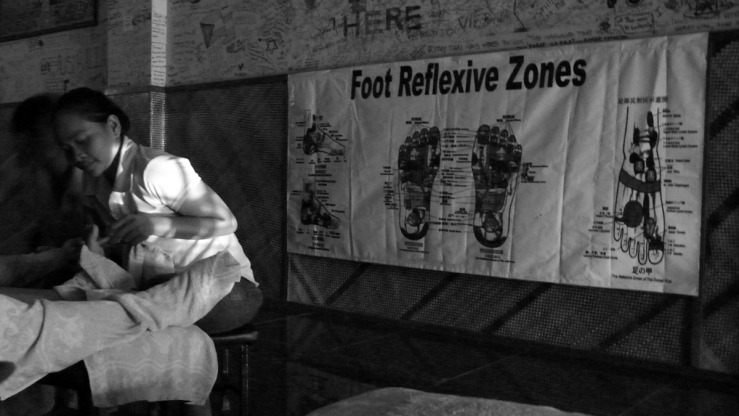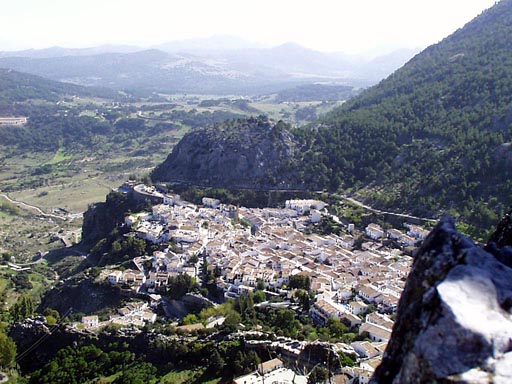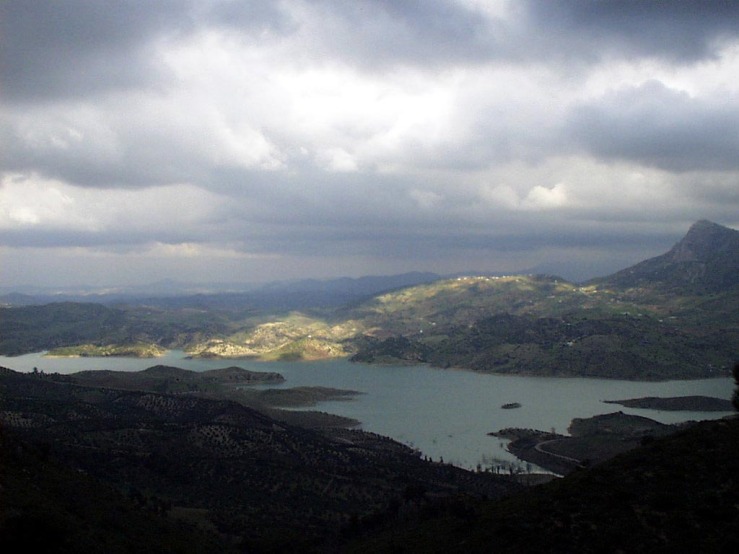collecting dust
One day he climbed through the center of Bali inside magical light past an extinct sacred volcano at Lake Batur carrying spare ammunition, a small portable machine, a map carved on narwhal bone, a roll of scented four-ply toilet paper, codices or painted books and texts on bark paper called Amate, and cactus fiber including animal skins and dialogue of Mayan origin.
His hair caught fire. Gathering flames he lit a piece of bark for guidance. He mixed volcanic ash with water, creating a thick paste of red ocher, a cosmetic balm rich with antioxidants. He applied this to his skin to gain entry and passage through the spirit world of ancestors.
To become clay he created clay. He needed dust. He collected dust and minute grains of mica. Teams of gravediggers, weavers, butchers and typists explored rain forests, jagged mountains and impenetrable jungles collecting dust.
Hunters dived into, under and through massive Columbia waterfalls near tributaries where the confluence of Northwest rivers gnashed their teeth, snaking past abandoned Hanford nuclear plants where fifty-five million gallons of radioactive waste in decaying drums left over from W.W. II slowly seeped 130 feet down into the ground toward water tables.
The waste approached 250 feet as multinational laboratories, corporations and Department of Energy think tanks vying for projects and energy contract extensions discussed glassification options and emergency evacuation procedures according to regulations and Robert’s Rules Of Order inside the chaos of their well ordered scientific communities.
Tribal survivors ate roots and plants garnished with entropy.
Survivors passed through civilizations seeking antiquities. They reported back with evidence sewn into their clothing to avoid detection at porous India-Tibetan borders. They severed small threads along hemlines, Chinese silk gowns and Japanese cotton kimonos. Their discoveries poured light rays into waterfalls rushing over Anasazi cliff dwellings into sage and pinion forests.
Survivors arrived at a mythopoeic part of their journey. They reflected on the unconscious residue of social, cultural, ethical and spiritual values.
They needed masks. They needed to understand the underlying mysteries inside death masks. They confronted the realm of spirit. They bought masks in open air markets on their pilgrimage. Masks signifying the dignity of their intention thwarted demons and ghosts. They became spirits dancing in light.
Everything was light in their shamanistic interior landscape. They let go of the ego, Ease-God-Out, detached from outcomes, eliminated the need for control or approval, trusted their spirit energies, and remained light about it.
Inside light with slow fingers and long thin ivory nails they turned clay into pots. Spinning spirals danced on a wheel of time. They finished throwing them, used them for tribal ceremonies and smashed delicate clay pots to earth. They exploded into the air creating volcanic ash coating everything in a fine dust. He dug into the soil of his soul. He scattered raw turquoise stones on a trail of sacrificial tears, on a long walk through seasons and countries.
A Century is Nothing, Subject to Change.
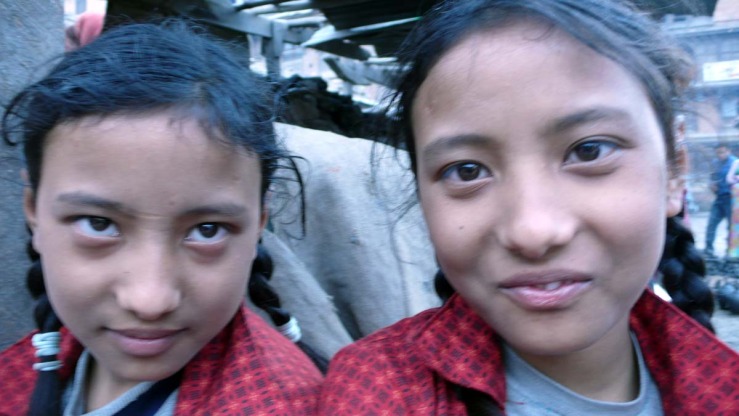


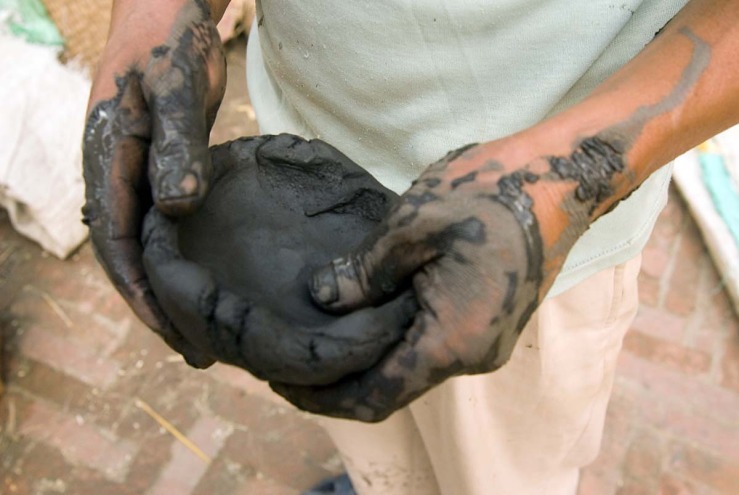






 Share Article
Share Article 

